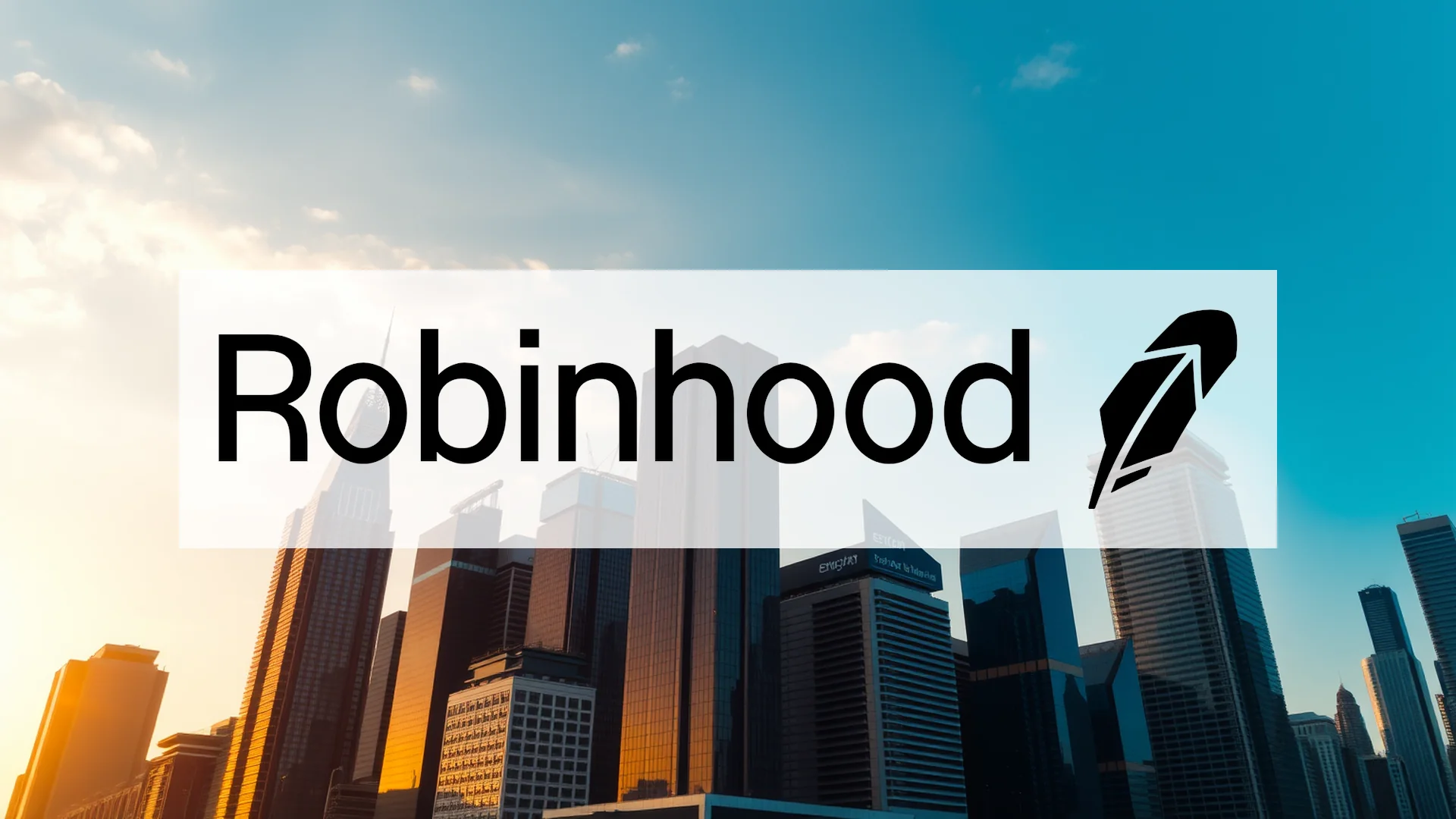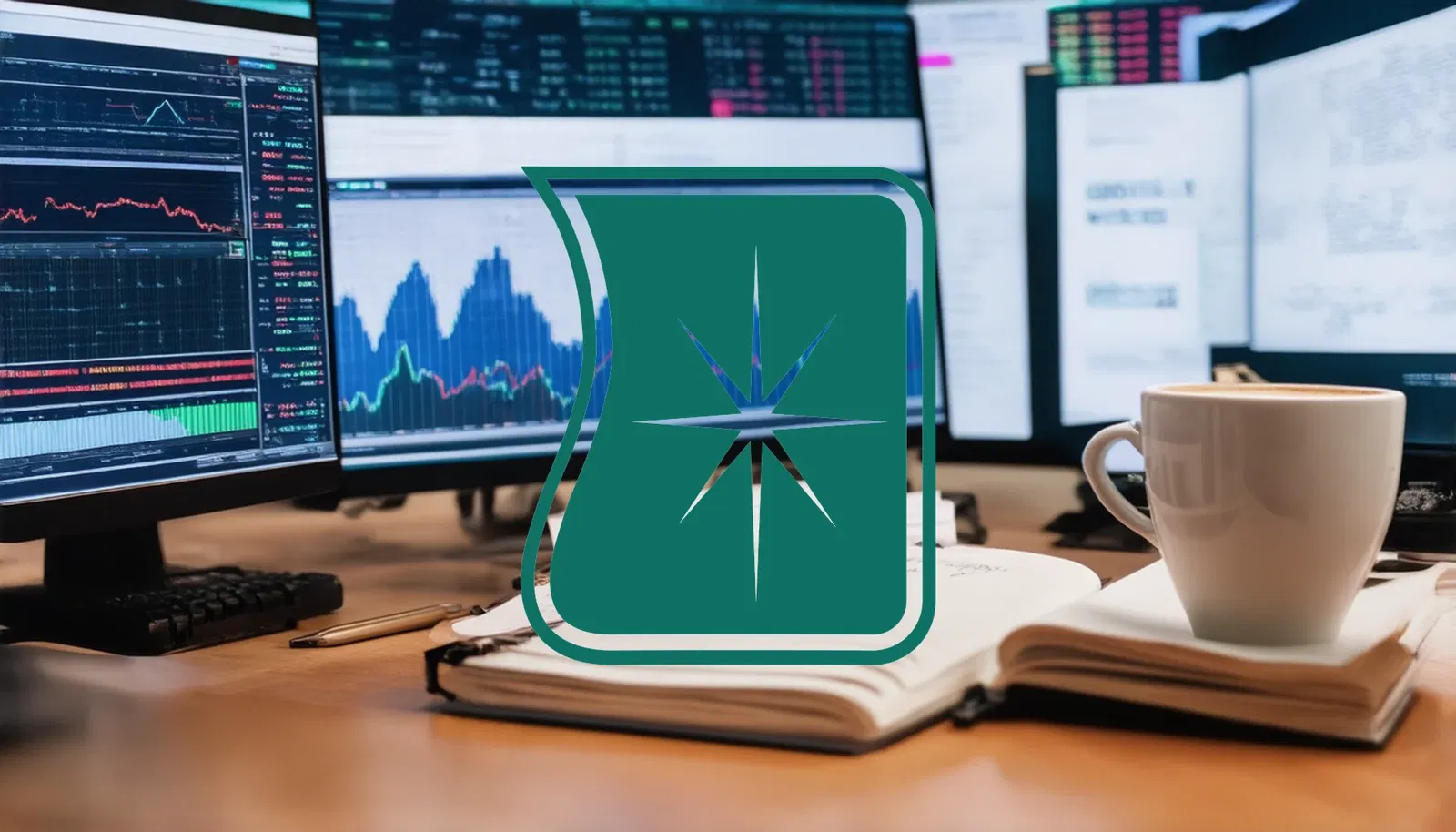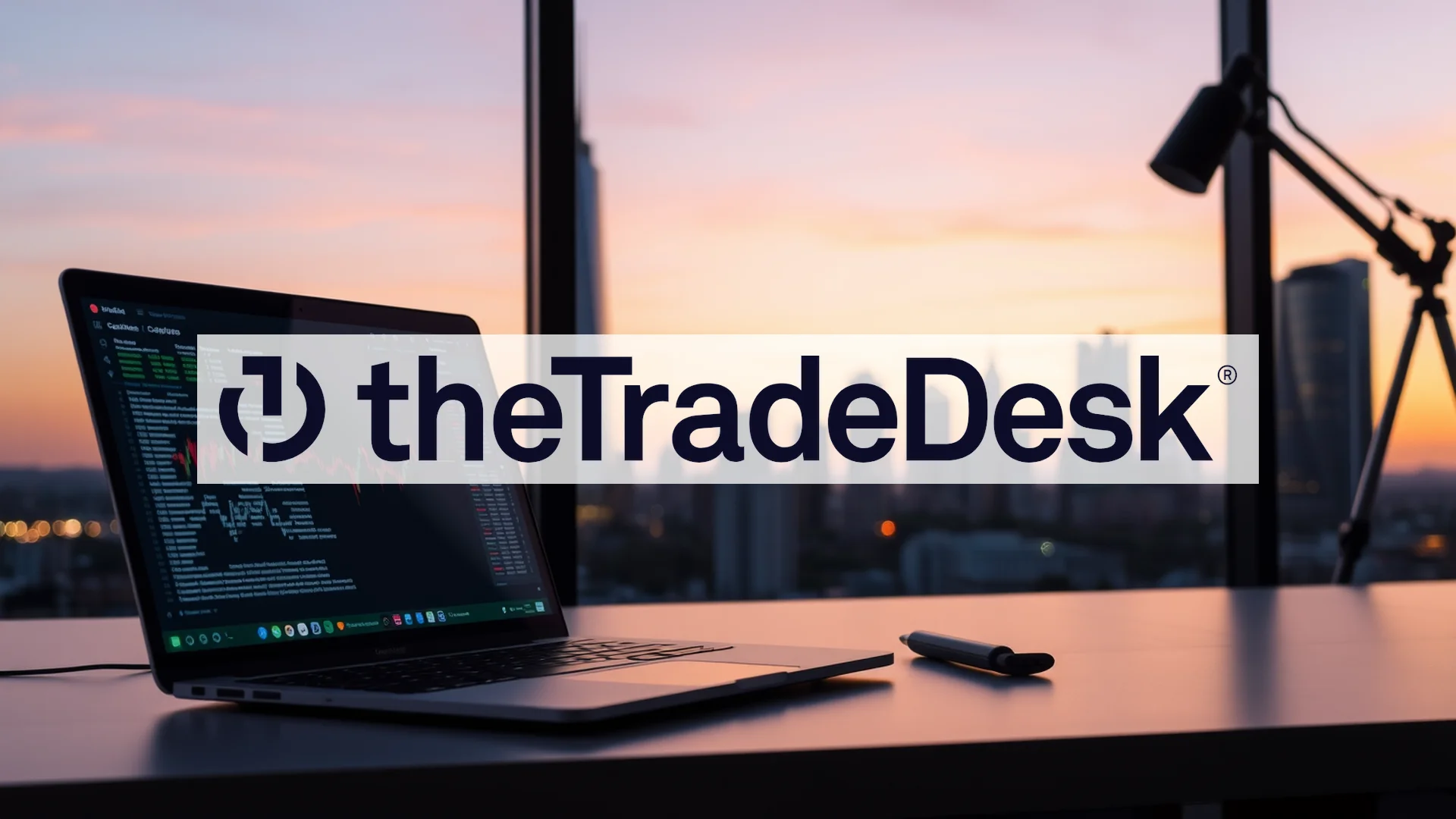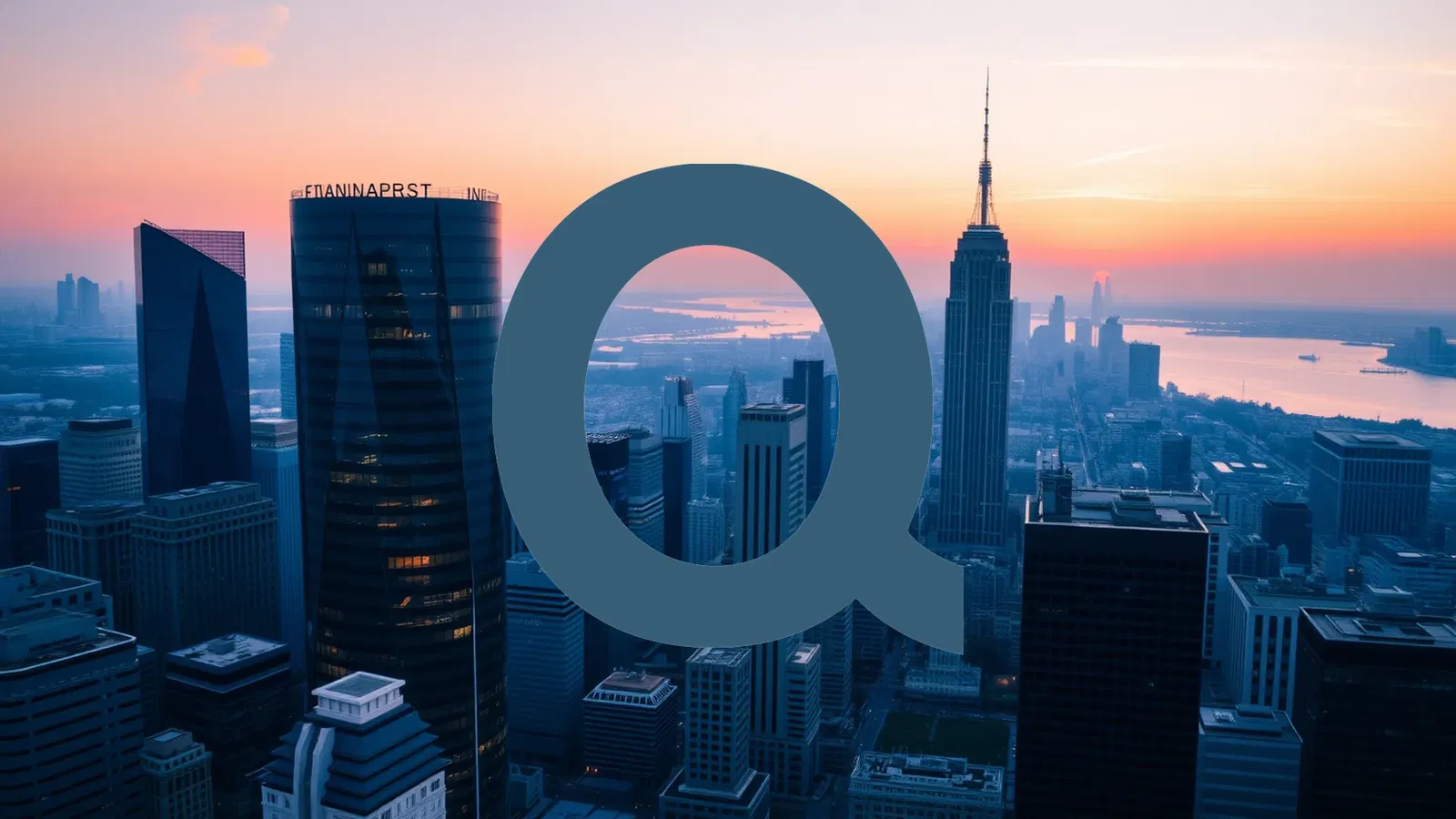In a landmark achievement for the financial technology sector, Robinhood Markets has secured a position within the prestigious S&P 500 index. This ascension into the world’s premier equity benchmark represents a rare accomplishment for a relatively new public company and signals a profound shift in its market stature. The move prompts a critical examination of what this validation means for the future trajectory of the former startup icon.
A Milestone Decision and Immediate Market Impact
The index provider, S&P Dow Jones Indices, announced the decision on Friday. Robinhood is set to replace casino operator Caesars Entertainment in the benchmark, with the change becoming effective before the market opens on September 22, 2025. This selection serves as a powerful endorsement of Robinhood’s ongoing evolution from a pandemic-era trading phenomenon into a established firm with a durable impact on U.S. financial markets.
The market’s response was immediate and telling. Following the news, the company’s shares surged approximately 7% in after-hours trading. This sharp upward movement highlights the significant weight institutional investors assign to inclusion in major indices.
Robust Financials Pave the Way
Robinhood’s recent quarterly performance provided the fundamental strength necessary for S&P 500 qualification, showcasing impressive growth across key metrics:
• Total net revenue climbed 45% to $989 million
• Net income nearly doubled, increasing by 105% to $386 million
• Subscriptions for Robinhood Gold reached a record 3.5 million users
These results underscore the company’s successful expansion beyond its original retail-trading core into a more diversified financial services platform.
Broad-Based Growth Across Revenue Streams
A deeper look into the Q2 earnings reveals strength emanating from multiple business segments, reducing reliance on any single product:
• Net interest revenue: +25% to $357 million
• Options trading: +46% to $265 million
• Cryptocurrency transactions: +98% to $160 million
• Equities trading: +65% to $66 million
Should investors sell immediately? Or is it worth buying Robinhood?
This diversified revenue profile demonstrates that Robinhood has significantly decreased its exposure to volatility within individual asset classes.
The Institutional Catalyst
Admission into the S&P 500 is anticipated to generate substantial new institutional demand for Robinhood stock. Index-tracking funds and ETFs will be required to purchase shares to accurately mirror the benchmark, creating a wave of mechanical buying pressure that typically provides support for newly added companies.
For the broader U.S. fintech landscape, this inclusion is a pivotal event. Robinhood joins an exclusive group of commission-free trading platforms that have achieved S&P 500 status, placing it alongside long-established financial institutions.
Sustained Operational Momentum
Beyond the index news, Robinhood reported strong operational metrics for July 2025. The platform witnessed customers accelerating their net deposits to approximately $6 billion, accompanied by robust trading activity spanning all asset categories. The company’s strategic acquisition of crypto exchange Bitstamp in Q2 further emphasizes its ambitious growth plans.
Average revenue per user (ARPU) also showed remarkable improvement, jumping 34% to $151. This increase points to the company’s enhanced ability to monetize its growing customer base effectively.
From Market Disruptor to Mainstream Fixture
Robinhood’s inclusion in the S&P 500 validates its complete metamorphosis within the financial ecosystem. The company has successfully navigated the journey from a disruptive startup to a mature financial services provider with diversified revenue streams. This new standing positions its equity for increased institutional ownership and potentially lower share price volatility.
The central question that remains is whether Robinhood can maintain this operational momentum beyond the initial euphoria of its index admission, or if this achievement represents the peak of a remarkable—yet potentially unsustainable—success story.
Ad
Robinhood Stock: Buy or Sell?! New Robinhood Analysis from February 8 delivers the answer:
The latest Robinhood figures speak for themselves: Urgent action needed for Robinhood investors. Is it worth buying or should you sell? Find out what to do now in the current free analysis from February 8.
Robinhood: Buy or sell? Read more here...












